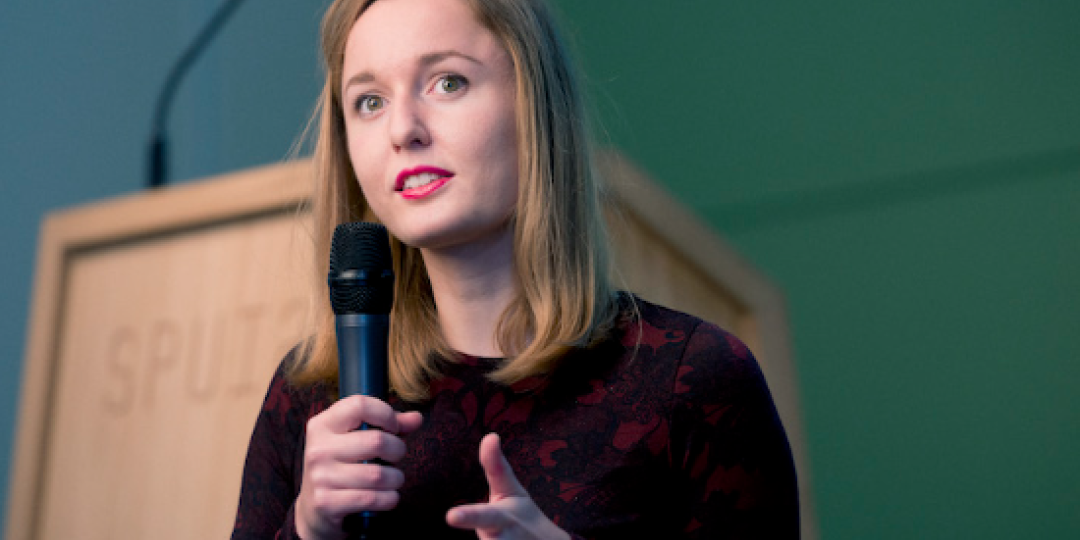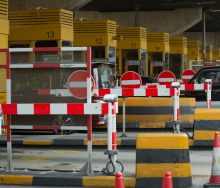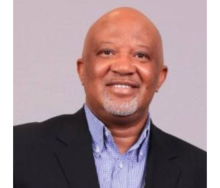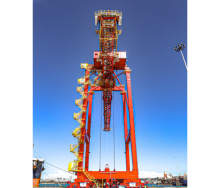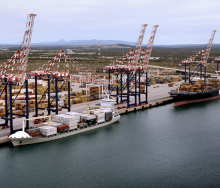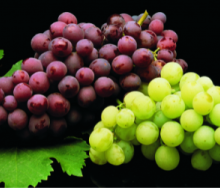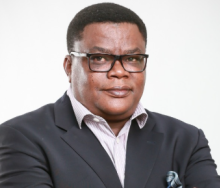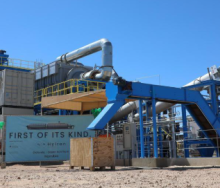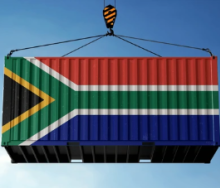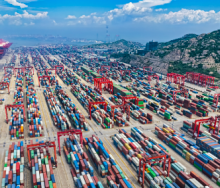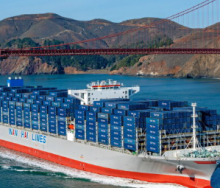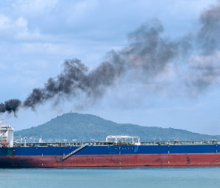With world shipping in the hands of a clutch of powerful alliances, who is going to control the effects of their expansion?
Dutch investigative journalist Maaike Goslinga says: “There are three large alliances that dominate the shipping industry. The problem is that these alliances are so big that it is difficult to control what they do. I believe that in a democracy we should be able to hold big companies accountable for what they do.”
Goslinga and a colleague investigated the shipping industry and its influence for a four-part series run on Dutch television.
The influence of the large alliances is felt throughout the entire supply chain. Rail too sees the consequences of the scaling up of ships, ports, and terminals. With more containers ready to enter the hinterland, more transport services are needed on an already congested railway network. Hence, more infrastructure is needed. But is that really a problem?
According to Goslinga, this is problematic as many of the players involved do not really have a choice in this.
“They do not have the option to say ‘no, we do not want a bigger port, or more trains on the network’, because the impact on the economy will be huge. For a smaller port, for example, it is a disaster to see shipping liners sailing to a competing port. For a smaller country, the consequences can be huge,” she added.
But isn’t growth what all parties want? This is such a difficult question, says Goslinga.
“It’s a bit like saying: we build more roads to avoid road congestion. But when you create more infrastructure, you also create more demand. There will be more people who want to drive more cars. Likewise, there will be more demand for more cargo. People will want to buy more things because shipping becomes cheaper with more services. But we also need to become more sustainable,” she explains.
The environmental impact of transportation is another problem.
“This is something that concerns us all. The shipping industry is rather passive in making the industry more sustainable. There are people that think in innovative ways, but this needs to happen on a much larger scale”, she believes.
- Maaike Goslinga will be one of the speakers at the Project Cargo Summit in Bremen, Germany in September.
